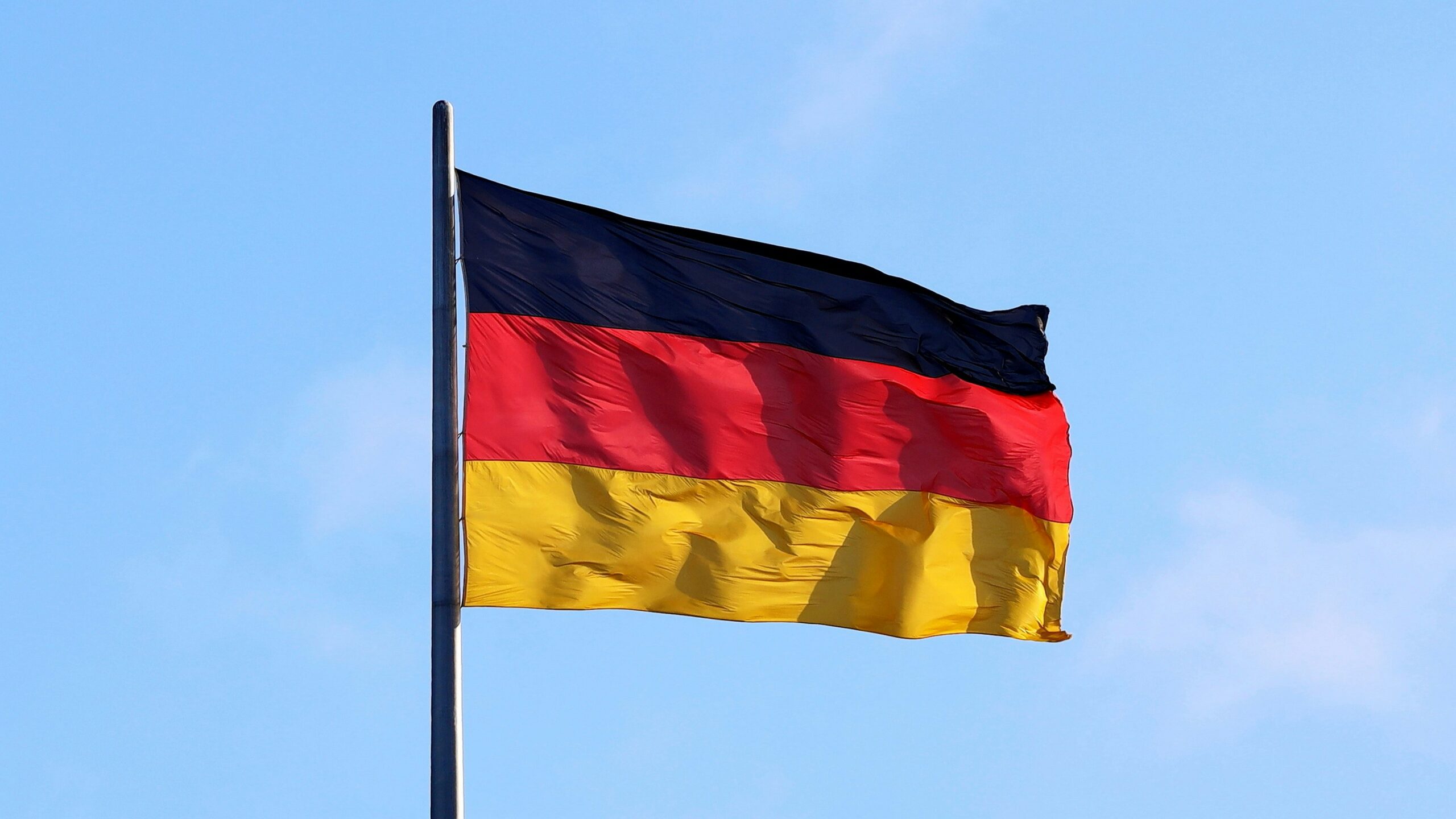The ability to express gratitude is a powerful tool in any language. When it comes to learning German, mastering how to say thank you opens doors to deeper communication. Understanding various ways to say thanks can connect you with German speakers in meaningful ways.
In this article, we explore 14 different expressions for saying thank you in German. Each expression holds unique nuances, providing you with the right words for any occasion. The importance of politeness in German culture cannot be overstated, and knowing these phrases ensures respectful interactions.
Danke schön: A Formal ‘Thank You Very Much’
Danke schön is a slightly more formal way to express ‘thank you very much’ in German. It fits perfectly in situations that require extra politeness. Whether it’s a dinner table request or receiving change at a store, danke schön elevates your gratitude expression.
Danke sehr: Equally Polite and Formal
Danke sehr is interchangeable with danke schön, offering a polite thank you in various contexts. Although slightly more formal compared to danke schön, it serves well in everyday scenarios, whether informal or formal. From picking up a dropped item to receiving a home-delivered package, it fits seamlessly. It signifies politeness without being overly ceremonious.
Example: When asked for directions to the restroom, after being guided, saying ‘Danke sehr’ reflects courteousness. It’s a simple yet effective method to express your gratitude.
The Depth of Vielen Dank
Vielen Dank translates to ‘many thanks’, surpassing mere politeness to convey heartfelt appreciation. Ideal for showing gratitude for gifts or surprises, it’s a deeper expression that strengthens connections.
Used often in phrases like ‘Vielen Dank für alles!’, it shows genuine appreciation beyond the mundane. It’s suitable for interactions that have personal significance.
Example: Receiving flowers from a friend might prompt you to say, ‘Vielen Dank!’ This phrase conveys a heartfelt thank you, perfect for meaningful gestures.
Danke für: Specific Gratitude
When specificity is required, ‘Danke für’ comes into play. It’s used to thank someone for a particular gift or act, bridging the gap between general gratitude and precise thankfulness.
Example: ‘Danke für das Geschenk!’ is apt when acknowledging a received gift, adding a personal touch to your gratitude. It’s an adaptable phrase for both formal and informal exchanges.
This phrase is simple, yet it encapsulates direct appreciation for specific actions or items, useful in different situations.
Herzlichen Dank: Heartfelt Thanks
Translating to ‘thank you kindly’, Herzlichen Dank ensures the receiver knows your gratitude is heartfelt. Often seen visually abbreviated with a heart symbol, it personalizes your thanks.
Example: Expressing gratitude for support through ‘Herzlichen Dank für deine Unterstützung!’ amplifies the sincerity and warmth of your thank you. It’s an expressive choice for contextually significant gestures.
Ich bin Ihnen sehr dankbar: Personal Gratitude
Demonstrating personal gratitude, this phrase extends beyond formalities to convey sincere appreciation, adaptable with pronouns for different settings.
Example: ‘Ich bin Ihnen sehr dankbar für alles, was Sie getan haben’, conveys deep appreciation for significant help, underlining the weight of the gesture received.
It’s a phrase that initiates further exchange, often paving the way for discussions of gratitude.
Danke, sehr aufmerksam: Acknowledging Thoughtfulness
Used when someone’s thoughtful actions simplify your life, this phrase brings attention to their kindness.
Example: A friend helping with cleanup at a gathering encourages a ‘Danke, sehr aufmerksam!’ to affirm their kindness.
Tausend Dank: Informal Abundance of Thanks
Tausend Dank is an informal phrase, equivalent to ‘thanks a million’. It suits interactions with peers and friends when their efforts make a difference.
Example: ‘Tausend Dank für deine Hilfe!’ shows immense gratitude for assistance or favors, celebrating their support.
Danke, gleichfalls: Reciprocal Gratitude
Danke, gleichfalls returns the gesture of thanks, mirroring kindness in both formal and informal settings.
It’s ideal when responding to well-wishes or compliments, maintaining mutual respect.
Vielen Dank im Voraus: Gratitude Ahead
This expression is unique to written communications, used to thank someone for future actions or considerations. It’s common in formal emails and letters.
Example: Ending a business correspondence with ‘Vielen Dank im Voraus!’ suggests anticipation and appreciation for expected help or responses.
Ich kann dir gar nicht genug danken: Overflowing Gratitude
Expressing immense gratitude for substantial help, this phrase emphasizes how invaluable a person’s aid has been.
Example: After receiving significant career advice, ‘Ich kann dir gar nicht genug danken’ becomes an apt response, highlighting appreciation beyond words.
Das wäre doch nicht nötig gewesen: Surprised by Kindness
Used to acknowledge unexpected gestures, this phrase balances gratitude with surprise.
Example: When someone brings an unexpected gift, responding with ‘Das wäre doch nicht nötig gewesen’ shows appreciation and recognition of their thoughtful act.

